Former President of the Court of Appeal (PCA) Justice Ayo Salami (retd) has rejected his appointment as the Chairman of the Corruption and Financial Crime Cases Trial Monitoring Committee (COTRIMCO) based on principle and conscience.
He is believed to have been convinced that the committee may not work as "efficiently expected" because of the businesses of some members.
Justice Salami was named the chair of COTRIMCO, which was set up by the National Judicial Council (NJC,) on September 27 by the Chief Justice of Nigeria, Justice Walter Onnoghen.
The appointment was based on the decision of the NJC at its 82nd meeting in Abuja. Justice Salami is said to be uncomfortable with the composition of the 15-man committee.
The panel is said to include some members who had been implicated in some conflicting challenges between the bench and the bar.
Although, Salami was out of the country when he was appointed, he sought audience with the CJN upon his return.
It was learnt that after discussing his reservations with the CJN, he wrote to reject the appointment.
A Supreme Court sources confirmed that Justice Salami had "thrown in the towel". The source, who spoke in confidence, said the CJN might have to brief members of the NJC to search for another credible chairman.
Justice Salami is said to have consulted widely with leaders on the Bench and in the Bar before resolving with his family to reject the offer.
A source said: "I think Salami felt that a few members of the committee had been entrenched in the intrigues in the nation's Judiciary.
"He believes that as the chairman of the committee, he will not have the authority to keep those members in check.
"So, instead of creating unnecessary problem for himself without any place to run to, he opted to stay away from the committee.
"In fact, while he was still being asked by colleagues to give the appointment a chance, there was controversy over the reinstatement of a former chairman of the Presidential Task Force on Pension Reforms Task Team, Mr. Abdulrasheed Abdullahi Maina. Salami just said he won't accept this offer.
"He, however, took time to meet with the CJN personally to thank him for the honour and why he cannot accept the job. He made it known that he had no grudges against the CJN."
But another source said: "None of the 15 members of the committee has been indicted in any way. The CJN was meticulous in composing the committee. Even where there were imputations, some members of the committee came out clearly to clarify a few things.
"Being a committee of the NJC, there is no way the CJN will allow any member of the committee to either undermine Justice Salami or the mandate of the panel.
"If His Lordship, Justice Salami, has chosen to reject the appointment, the CJN will certainly look for a meritorious legal giant like him."
The Socio-Economic Rights and Accountability Project (SERAP) on October 3 wrote the CJN seeking the removal of members of the bar from the panel.
In the letter signed by SERAP Executive Director, Adetokunbo Mumuni, the organisation said the composition of the committee was not in consonance with the advisory of the UN Special Rapporteur on the independence of judges and lawyers.
The letter said: "SERAP urges your Lordship to urgently revisit, review, and reconsider the membership of the Salami committee to ensure that members currently handling high-profile corruption cases involving PEPs are removed.
"This proposal aims solely to remove the risk of apparent and potential conflicts between the work of the committee and the private practice of some of its members who are handling high-profile cases of corruption involving PEPs and to ensure the independence, impartiality, integrity and accountability of the judiciary.
"SERAP believes that judicial accountability should be secured in a way that is harmonious with, and not damaging to, the essential character and functions of the judicial office. A system of fair, effective and trustworthy judicial performance evaluation promotes public confidence in the judiciary, which, in turn, is essential to judicial independence.
"SERAP also urges your Lordship to ensure that the Salami committee can manage its own budget and has enough human and financial resources to properly function with independence. The Salami committee should also be accountable for its activities, to avoid the possible public perception of bias and conflict of interest."
Besides Justice Salami, other members of the committee are: the Chief Judge, Borno State, Justice Kashim Zannah; the Chief Judge of Imo State, Justice P.O. Nnadi; Chief Judge Delta State, Justice Marsahal Umukoro, Chief Judge of Oyo State, Justice M. L. Abimbola. Others are the President of the Nigerian Bar Association, Mr. A.B Mahmoud(SAN); former NBA Presidents, Chief Wole Olanipekun (SAN); Mr. Olisa Agbakoba (SAN); Mr. J.B Daudu (SAN); and Mr. Augustine Alegeh (SAN); Dr. Garba Tetengi (SAN); Mrs. R.I Inga, Representative of Non-Governmental Organisations, Representative from the Ministry of Justice, Representative from the Institute of Chartered Accountants of Nigeria, ICAN, as well as the Secretary of the NJC, Mr. Gambo Saleh.
The Committee's primary functions are: regular monitoring and evaluation of proceedings at designated courts for financial and economic crimes nationwide; advising the Chief Justice of Nigeria on how to eliminate delay in the trial of alleged corruption cases; giving feedback to the Council on progress of cases in the designated courts, conduct background checks on judges selected for the designated courts; and evaluating the performance of the designated courts.

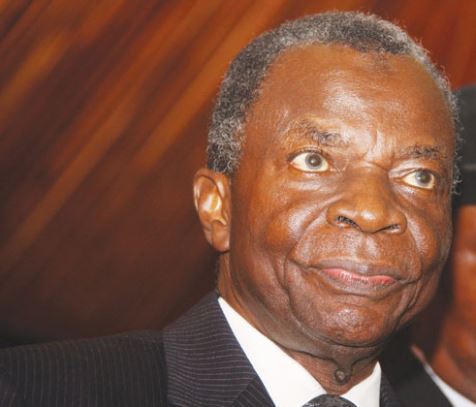
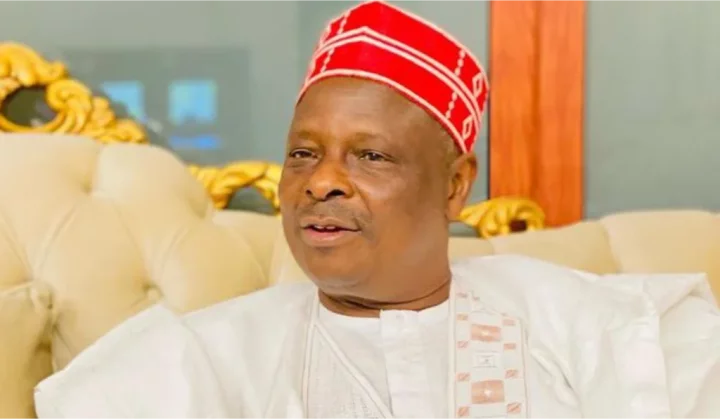
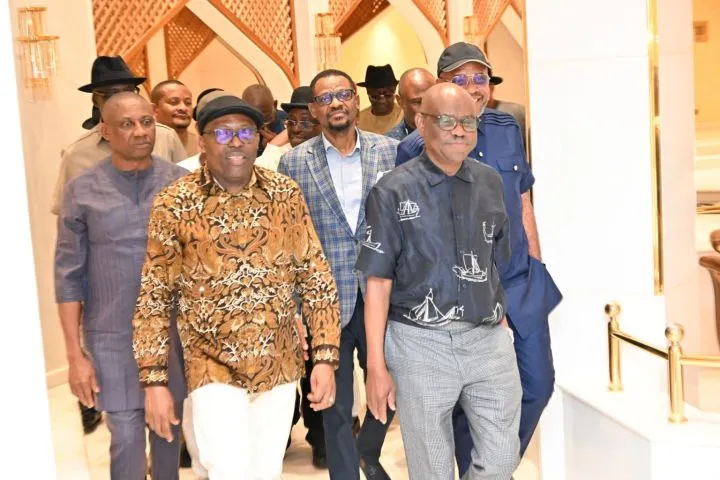
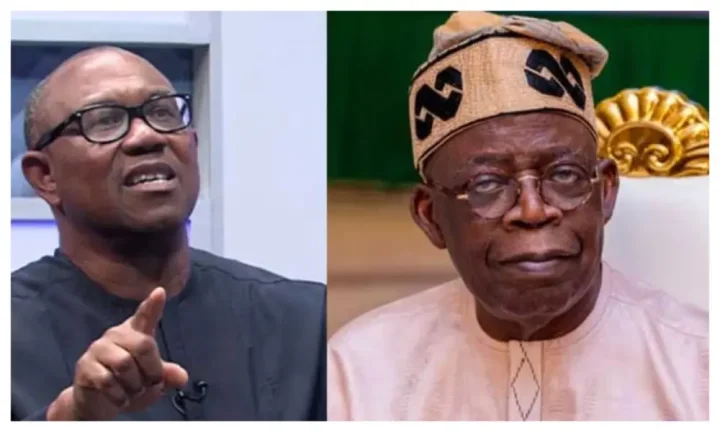
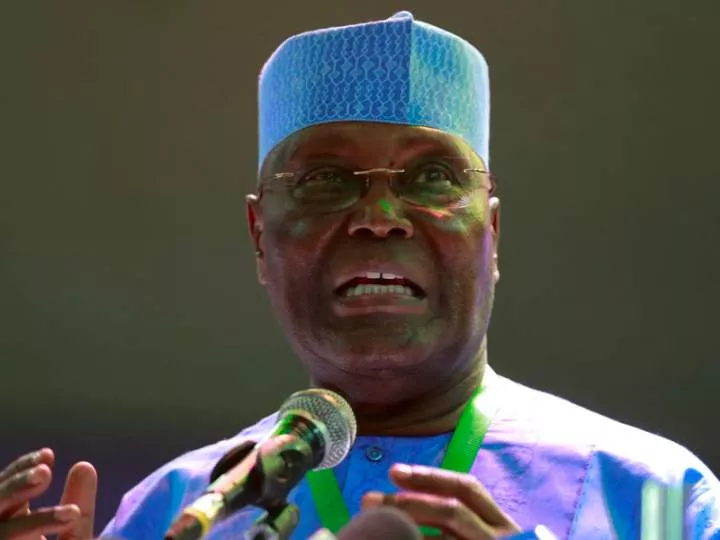
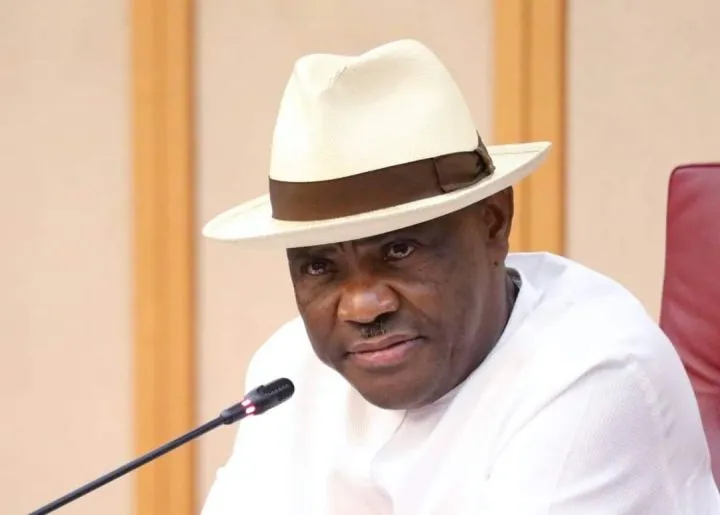
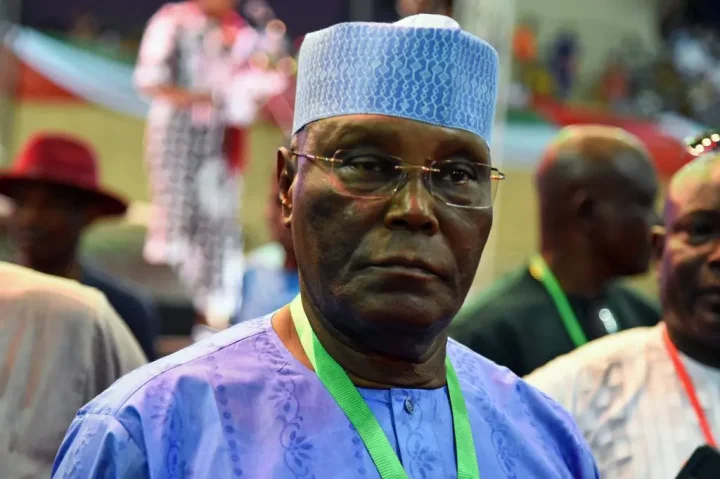

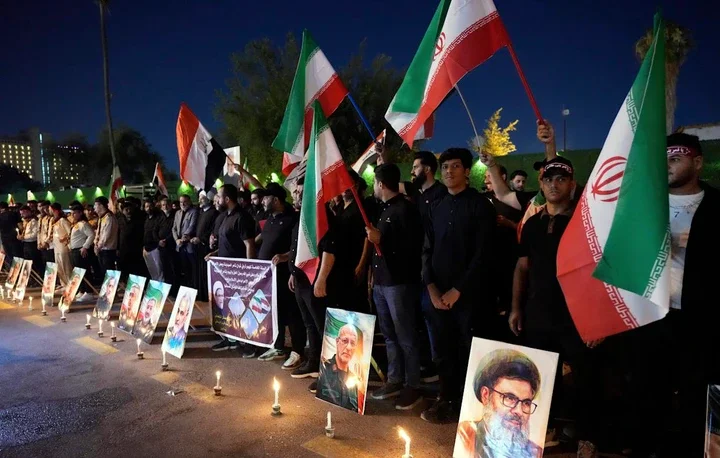


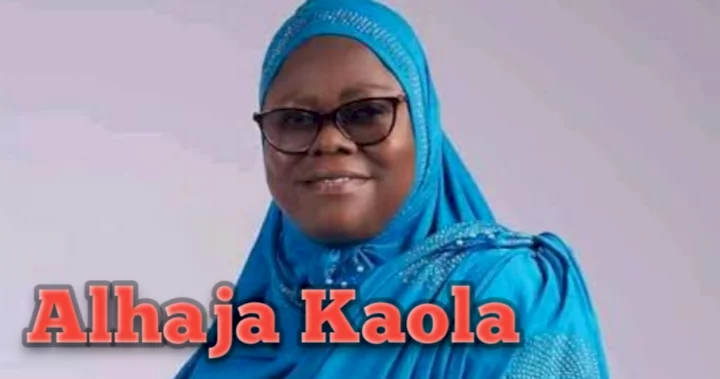
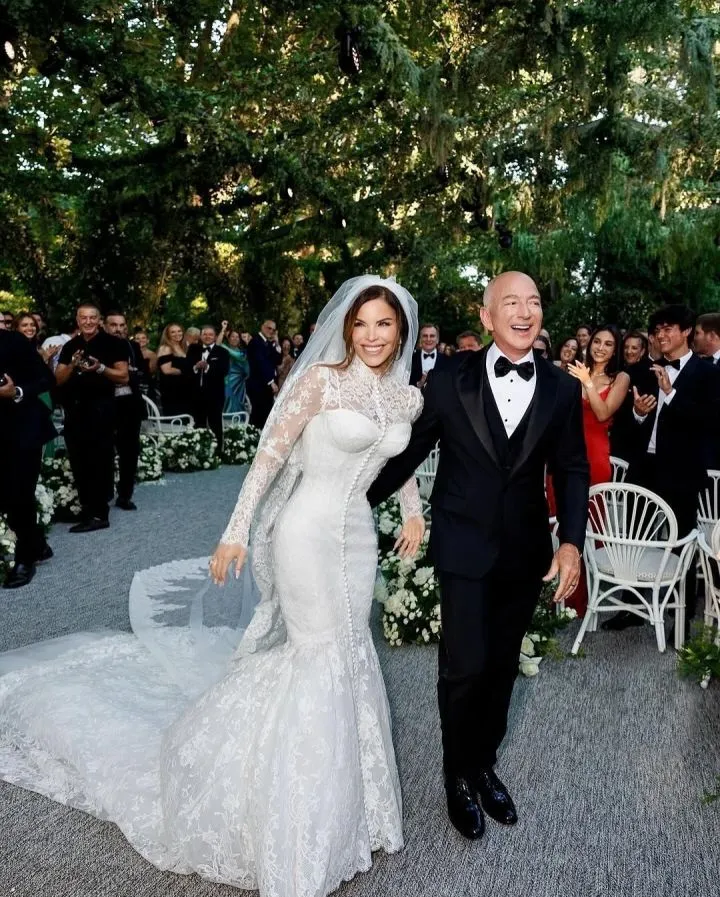

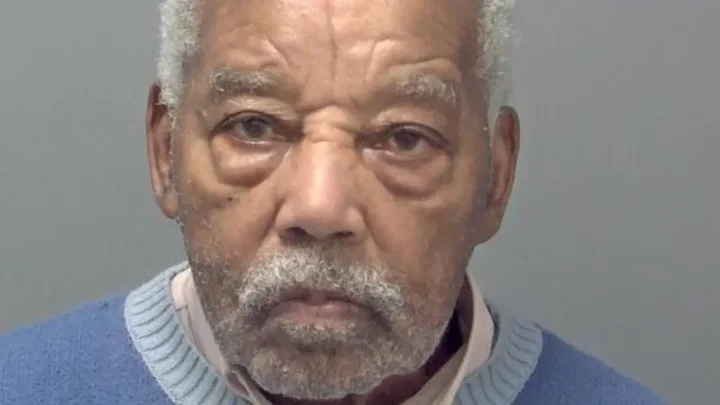
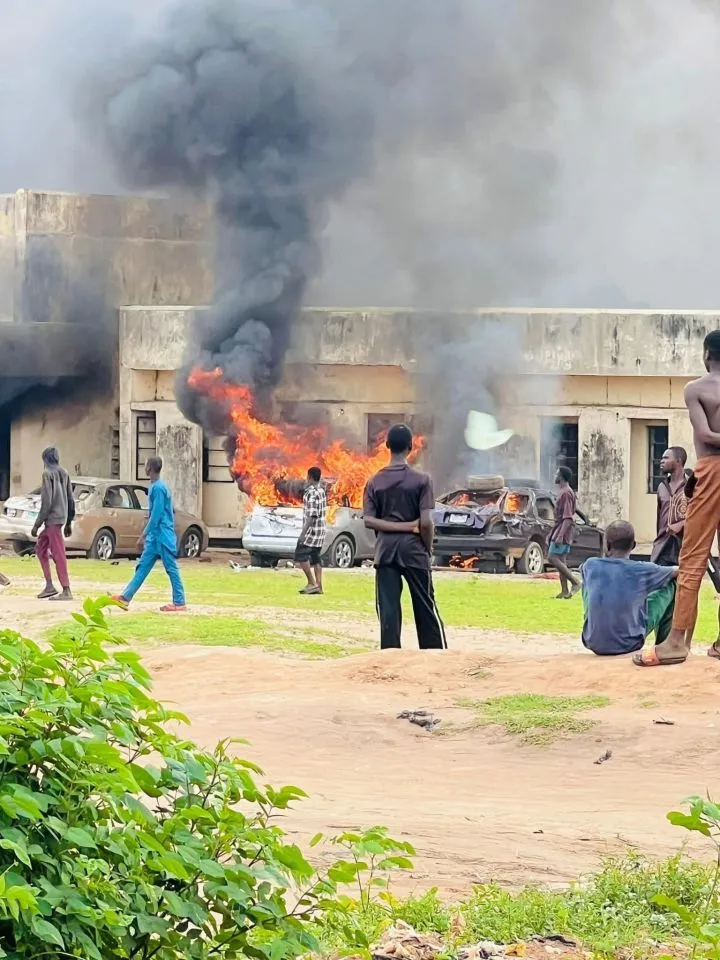


Comments